LA Phil’s Reykjavík Festival – Jóhann Jóhannsson
by Amy Marie Slocum
Icelandic composer Jóhann Jóhannsson has been releasing solo albums since 2002 as well as composing music for the films of Denis Villenuve’s Arrival, Sicario (for which he was nominated for an Academy Award), and the upcoming Blade Runner reboot.
Next month, Jóhannsson will perform in Los Angeles as part of LA Phil’s Reykjavík Festival on the same bill as Valgeir Sigurðsson, Nico Muhly, and Sam Amidon on April 17th.
We spoke to Jóhannsson on the phone while he was in his studio in Berlin.
What will you be performing at the Festival?
The plan is to perform my song with a five piece string section. Using a pianist and guitarist. It is a performance that is centered around the Orphée album which was released last year in September, which I will play a large portion from.
How did you arrive at your style of music?
Well it was definitely a long journey. I have been introduced to other stuff you know since I was almost 30. String quartet, piano, bass, and percussion. I have a background that is more in alternative music, electronic music, and experimental music. I think I developed sounds and connected them. As I got older I used it in my solo work and other work I created for different media. It sort of all encapsulated very quickly. I am very interested in the contrast with classic interpretation. You know, I am very interested in strings, woodwind instruments, piano, and electronics as well. I combine these two worlds that hopefully merge into unity.
Your father was a pioneer in computer programming and electronic music. Did he share any of that with you growing up?
Yes, it’s interesting that you mention that. My piece that I did for IBM 1401 A User's Manual is strictly based on music that my father and his colleagues from IBM in Iceland programed on an IBM computer. This is something they did in their free time and it was sort of an early hack or example of how he made a computer do something that it was not supposed to do. These computers were basically glorified calculators. They were used by banks and accounting firms just to calculate numbers. They had no capabilities whatsoever. But my father found a way to program the memory of the computer a certain way and placing a shortwave receiver next to it. The receiver would pick up the electronic radiation by the memory of the computer, which was just copper coils at the time. They found a method to pick up this hum or tone produced by the memory and then they discovered a way of modulating this tone in order to create other melodies. Before these computers were taken out of service in 1971 they made a recording of the music they created using this method. My father told me about these recordings 30 years later. He didn’t think much of them; he kind of forgotten about them. I, however, was absolutely fascinated by them. I remember when he went to the attic to retrieve them, the recordings were on these quarter-inch reel to reel tapes. It sounded like it was accompanied by speeches and by recordings of the computer in action. These computers were a very loud machine there was a lot of sound there. It began basis of this piece, IBM 1401 A User's Manual, the short spinet of a melody that my father programed kind of became a starting point. It was a counterpoint for a string melody.
A lot of people have historically drawn a line between electronic music and analog music. Do you think the two should be separated, or are they basically the same thing?
Well it’s interesting because I very rarely use synthesizers. For my score for Arrival, which is a science fiction film, there is barely any synthesized sounds on that score. It is all sounds that are made by musicians. In general I prefer to work with materials with an analog/acoustic origin that is played in a room and recorded. Then I process the sound and manipulate and mangle and take it to a place where it almost becomes unrecognizable. But it is very important to me that the sound holds an acoustic origin, that at some point it was air vibrating in a room. I am not so interested in synthesizers and sounds that have been digitally generated.
Why is it important for you that the sound originates organically or acoustically?
I think it’s more interesting. When you have a musician playing an instrument in a great sounding room, you have so much more material. The spectrum of sound that you can work with is much greater. There is also this element of the human performance. This is very important for me to capture. I later alter this quite significantly using digital means, but I am very interested this sort of infiltration between acoustic sounds and manipulation. Not all of my manipulation is digital, I do a lot of analog manipulation as well.
Your music has been called unclassifiable. Is this something that you strive for or embrace?
Yes, it’s a definition that I welcome, certainly. I am interested thresholds and boarders and things that lie between. My career seems to reflect that. It’s really all sounds that I hear in my head. That is kind of what keeps me going. I am constantly hearing sounds in my head that I need to get out and produce. Being able to make sounds that are new and interesting and somewhat make sense of what is in my mind is what keeps me going. That is what motivates me.
Buy tickets to see Jóhannsson at the LA Phil here
